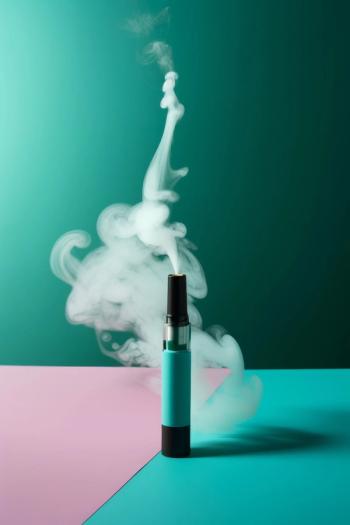
Clinical Trial Finds Delta-8 THC Holds Similar but Milder Effects than Delta-9 THC
A recent study showed that orally administered Delta-8 THC had similar but milder effects than Delta-9 THC.
According to new research published in
Researchers mentioned (2), “Overall, ingestion of delta-8 THC produced dose-dependent increases in subjective, cognitive performance, and physiological outcomes that were qualitatively similar to delta-9 THC. Consistent with prior findings, delta-8 THC exhibited lower potency compared to delta-9 THC at equivalent doses, though this reduced potency was overcome by increasing the delta-8 THC dose. Together, these findings demonstrate that delta-8 THC products have the potential to produce psychoactive and physiological effects that are comparable to delta-9 THC.”
Study authors additionally commented (2), “With the widespread availability of retail delta-8 THC to consumers as a byproduct of the 2018 Farm Bill, the findings from the present study underscore the importance of establishing regulatory frameworks that address safety, labeling, and consumer education related to delta-8 THC products.”
Delta-8 THC does exist organically in the cannabis plant but in small amounts (2). NORML mentioned that
At the end of the study, researchers found that delta-8 THC possessed dose-dependent psychoactive effects that were similar to delta-9 THC and that delta-8 THC may pose similar risks (1). Study authors concluded that (2), “Delta-8 THC demonstrated dose-dependent psychoactive effects qualitatively similar to delta-9 THC but with reduced potency, possibly due to lower biotransformation to its 11-OH metabolite. Importantly, higher doses of delta-8 THC offset reduced potency, as 40 mg delta-8 THC and 20 mg delta-9 THC produced similar effects; this is noteworthy considering consumers generally perceive delta-8 THC as less harmful or intoxicating than delta-9 THC. These findings inform regulatory decisions and public education, though further research on emergent cannabinoids is needed.”
References
- C. Austin Zamarripa, Tory R. Spindle, Destiny Schriefer, Edward J. Cone, Ruth E Winecker, Ronald Flegel, Eugene Hayes, Lisa S. Davis, David Kuntz, Ryan Vandrey, A Within-Subject Cross-Over Trial Comparing the Acute Effects of Oral Delta-8-Tetrahydrocannabinol and Delta-9-Tetrahydrocannabinol in Healthy Adults, Drug and Alcohol Dependence, 2025,
https://doi.org/10.1016/j.drugalcdep.2025.112676 . - Norml. Clinical trial: Oral delta-8 THC effects similar but milder than delta-9 THC
https://norml.org/news/2025/04/17/clinical-trial-orally-administered-delta-8-thc-possesses-similar-but-milder-effects-than-delta-9-thc/ (accessed Apr 24, 2025).
Newsletter
Unlock the latest breakthroughs in cannabis science—subscribe now to get expert insights, research, and industry updates delivered to your inbox.




